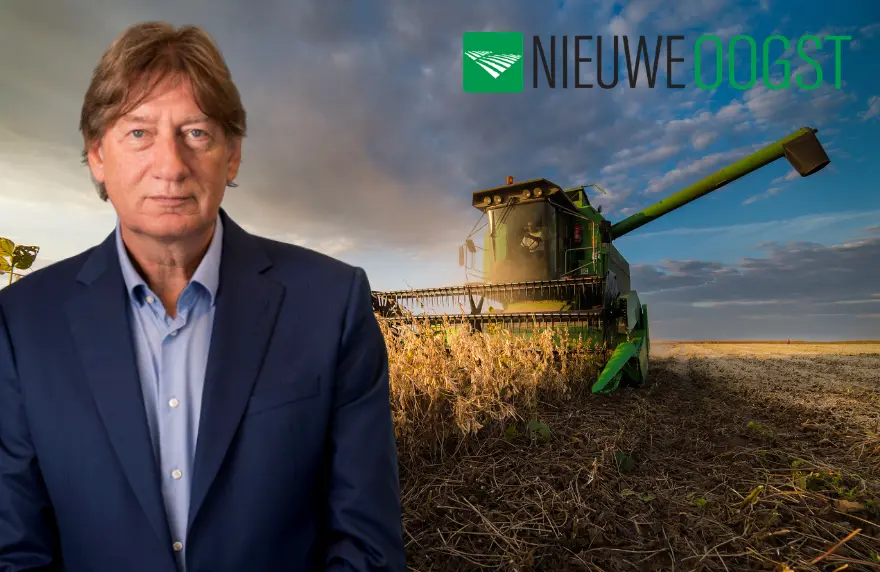De energietransitie begint de agrarische sector hard te raken. Soms is dat niet goed zichtbaar. Neem waterstofgas. Dat is essentieel voor de productie van industriële ammoniak, dat op zijn beurt een onmisbaar ingrediënt is voor de productie van kunstmest. Zonder dat kan de agrarische sector instorten. Probleem: de productie van waterstofgas wordt geproduceerd met heel veel gas en wat kolen. De jaarlijkse productie van 90 miljoen ton waterstofgas levert de CO2 uitstoot van een land als Duitsland op.
Alle reden dus om in te zetten op groene waterstof dat geproduceerd wordt met zonne- en windenergie. Dat leidt tot het volgende probleem: de techniek ervoor is beschikbaar, maar het duurt jaren voordat die grootschalig kan worden ingezet. Daarom zal de prijs van kunstmest voorlopig alleen maar stijgen.
Dit wordt versterkt door een ander probleem: de investeringen in zowel fossiele energie als duurzame industriebronnen lopen achter. De gevolgen daarvan worden duidelijk nu de economie hard aantrekt en de vraag naar gas explodeert.
De schaarste is in belangrijke mate zelfgecreëerd.
In Europa stagneren door burgerprotesten talloze verduurzamingsprojecten. Want slechts weinigen zijn dol op windmolens in hun achtertuin. Protesten leidden ook tot het afdanken van kern- en kolencentrales en minder investeringen in de exploratie van fossiele energie, terwijl gas de brandstof is die een sleutelrol in de transitie van fossiel naar duurzaam moet spelen.
Investeerders vrezen voor de overheden die de regels voortdurend aanscherpen en veranderen.
Het gevolg is dat er niet gemakkelijk kan worden geswitcht tussen verschillende energiebronnen, waardoor nog er grotere tekorten ontstaan als wind en zon het laten afweten.
De agrarische sector raakt hierdoor in een spagaat: exploderende energieprijzen, dreigende energieschaarste en maatschappelijke druk dwingen tot verduurzaming die door achterblijvende nationale en internationale investeringen steeds moeilijker wordt.
De gevolgen zijn nu al zichtbaar in bedrijven die zonnepanelen willen plaatsen. Door onder-investeringen in het elektriciteitsnetwerk is er te weinig capaciteit om hieraan te leveren waardoor de investering niet rendeert.
De oplossing is investeren in nieuwe faciliteiten voor vloeibaar gas (LNG) en de exploitatie van nieuwe gasvelden. Maar dat ligt maatschappelijk, dus politiek, gevoelig.
De enige die profijt heeft van dit door ons zelf gecreëerde probleem is president Poetin. Die ziet zijn gasleveranties en daarmee de overheidsfinanciën stijgen zodat hij steeds effectiever het Westen onder druk kan zetten. Dit ongewenste neveneffect van de energietransitie staat haaks op de door de Europese Unie uitgesproken wens om op energie- en agrarisch gebied meer autonoom te worden.





